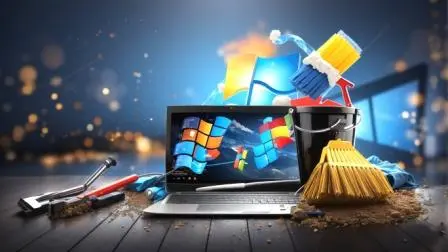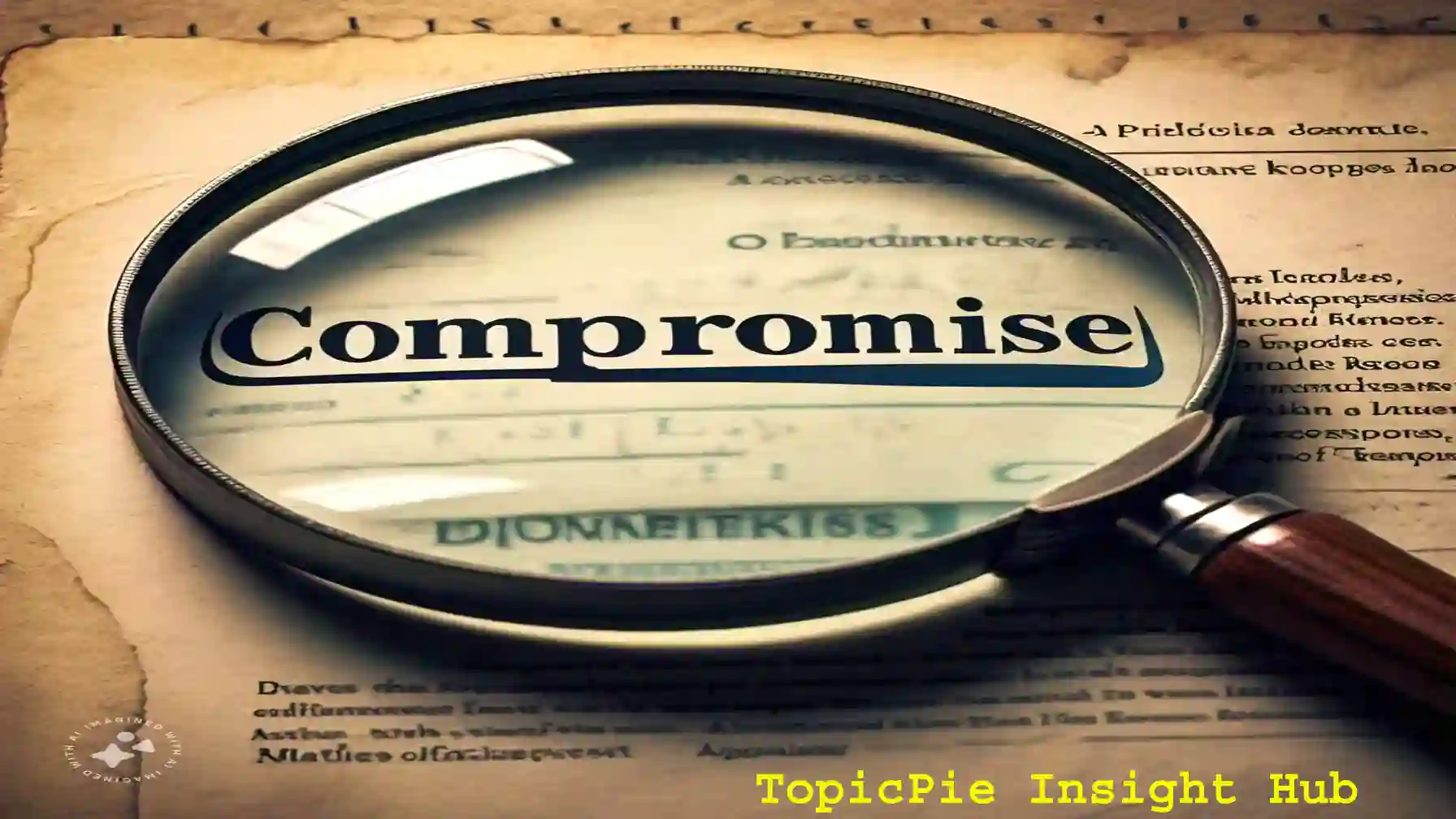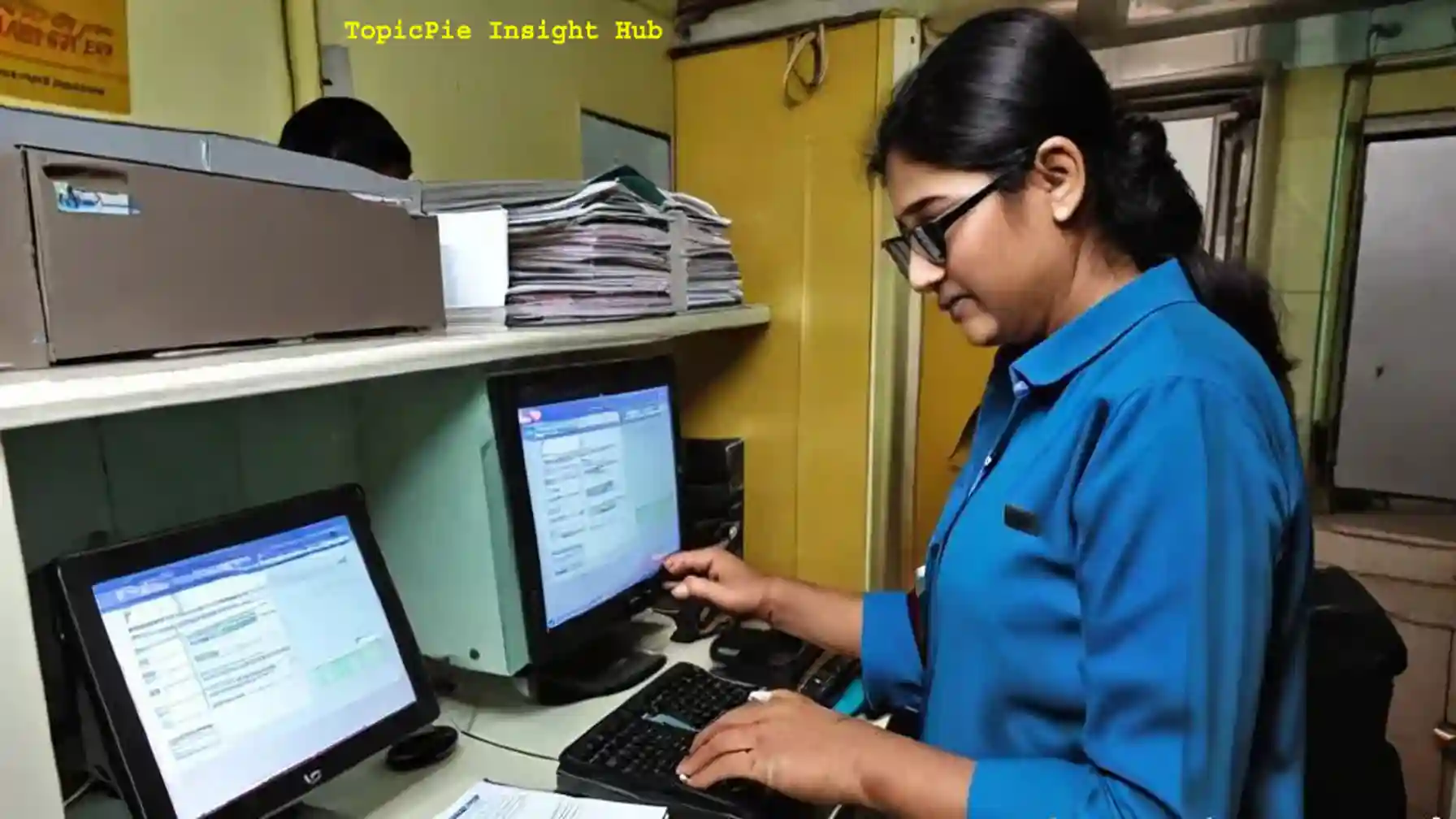Introduction:
Windows Cleanup: In today’s digital age, optimizing your PC’s speed and responsiveness with Windows Cleanup is vital, whether you’re a professional, student, or an SBI Kiosk Operator. As you provide essential banking services to your community, your PC’s efficiency becomes paramount. Over time, your PC may accumulate unnecessary files and data, slowing it down. In this comprehensive guide, we’ll explore how to achieve this through “Windows Cleanup,” CCleaner, and the power of batch files.
Understanding the Need for Cleanup during:
Why Your PC Slows Down
Efficiency and speed are essential, regardless of your role. Over time, your PC’s performance may degrade due to various factors. One major culprit is the accumulation of unnecessary files and data. These files include temporary files, cache, and browsing history. As they pile up, your system has to work harder to manage them, resulting in slower performance when conducting vital tasks, including banking transactions for SBI Kiosk Operators.
The Role of Temporary Files
Temporary files are generated by applications and Windows itself as part of normal operations. While they serve a purpose, they are meant to be temporary, and over time, they can accumulate and clog your system. Removing them can free up valuable disk space and help your computer run smoother, ensuring that your banking services are swift and reliable.
The Power of Batch Files during Windows Cleanup

Before we delve into the cleanup process with CCleaner, let’s explore the benefits of using batch files. A batch file is a script that automates tasks, making them faster and more efficient. Here’s why batch files are valuable:
Automation: Batch files allow you to automate repetitive tasks, such as cleanup, without manual intervention. This is especially useful for SBI Kiosk Operators who need to streamline their banking processes.
Customization: You can create batch files tailored to your specific needs. For instance, the batch file provided earlier in this guide is designed to clean up Windows files efficiently.
Consistency: Batch files ensure that cleanup tasks are performed consistently, reducing the risk of human error and ensuring that your PC remains in top shape.
Download Link for Batch File:
- REM Cleanup files for Windows: To download this batch file click here.
- Cleaner-1: This batch file has been designed to perform various cleanup tasks on a Windows operating system. These batch files automate the process of deleting unnecessary files and data, which can help improve system performance and free up disk space. To download this batch file click here.
- Cleaner-2: This batch file contains commands for performing various cleanup tasks on a Windows system. To download this batch file click here.
- All Temp FIle Delete: This batch file that contains commands to perform file deletion and then open the associated folders in Windows Explorer and needs to be deleted manually. To download this batch file click here.
- Kiosk Solutions: This batch file contains a set of commands that perform various tasks related to system settings and configurations. To download this batch file click here
- Registry Editor File (Activex Setting for SBI Kiosk Operator): By executing this Registry Editor file, you will configure the ActiveX settings for both Internet Explorer and Microsoft Edge. This adjustment ensures smooth access to the SBI Kiosk Portal. To download this Registry Editor File click here.
To utilize the Batch Files and Registry Editor File, follow these steps:
- Download the provided files from the link above.
- Place them on your desktop for easy access.
- Extract the files as necessary.
- Right-click on the desired file.
- Select “Run as Administrator” from the context menu.
- Follow the on-screen instructions to execute the file and proceed with the intended actions.
The Importance of Using CCleaner
While batch files are powerful for system cleanup, using a dedicated optimization tool like CCleaner can enhance your PC’s performance even further. Here’s why CCleaner is an invaluable addition to your toolkit:
Comprehensive Cleanup: CCleaner can scan and clean a wide range of system and application files, including temporary files, cache, cookies, and more. It ensures that no digital clutter is left behind, providing a thorough cleanup.
Registry Cleaning: CCleaner includes a registry cleaning feature that can help resolve issues related to broken or outdated registry entries. A clean and optimized registry can lead to smoother system performance.
Scheduled Cleaning: CCleaner allows you to schedule automatic cleanups at your convenience. You can set it to run daily, weekly, or monthly, ensuring that your PC remains in top shape without manual intervention.
Browser Optimization: CCleaner can also optimize your web browsers by clearing unnecessary extensions, plugins, and other browser-related data. This leads to faster web browsing and improved online banking experiences.
User-Friendly Interface: CCleaner offers a user-friendly interface that makes it accessible to users of all levels. Utilizing its features doesn’t require a high level of technical expertise.
Data Privacy: CCleaner includes a privacy protection feature that can securely delete sensitive files, ensuring that your banking data remains confidential.
CCleaner offers a Professional Edition with advanced features such as real-time monitoring and automatic updates. While the free version is powerful, the Professional Edition provides additional benefits for users who require extra control and convenience.
Download Link for CCleaner: Download CCleaner
Preparation for Cleanup
Before we jump into the cleanup process using CCleaner and the batch file, it’s essential to take a few precautionary steps. Here’s what you should do:
Backing Up Your Valuable Data
Regardless of the cleanup method you choose, make sure to back up any crucial documents, transaction records, or other files to an external drive or cloud storage. Data backup is critical for SBI Kiosk Operators who handle sensitive banking information.
Creating a System Restore Point
Creating a system restore point is like taking a snapshot of your computer’s current state. If anything goes wrong during the cleanup process, you can use this restore point to revert your system to its previous condition. It’s an extra layer of protection that ensures your banking operations remain uninterrupted. While the likelihood of such events occurring is minimal, creating a system restore point provides an additional layer of protection to ensure uninterrupted banking operations.
Executing Windows Cleanup with CCleaner and Batch Files:
Now, let’s dive into the cleanup process using CCleaner, batch files, and manual methods.
Using CCleaner
- Download CCleaner: If you haven’t already, download CCleaner from the provided link and install it on your PC.
- Launch CCleaner: Open CCleaner from your desktop or Start menu.
- Choose Cleaning Options: In the CCleaner window, you’ll see various cleaning options. Check the boxes next to the types of files you want to clean, such as Temporary Files, Cookies, and Browser Cache.
- Registry Cleaning (Optional): If you wish to clean the Windows Registry, navigate to the “Registry” tab on the left side and click “Scan for Issues.” CCleaner will identify registry issues, and you can choose to fix them.
- Run the Cleaner: Click the “Run Cleaner” button to start the cleanup process. CCleaner will remove the selected files and optimize your PC.
- Browser Cleaning (Optional): To clean browser-specific data, click on the “Applications” tab on the left side. Select your web browsers and click “Run Cleaner” to optimize them.
- Scheduled Cleaning (Optional): In CCleaner, navigate to “Options” and then “Scheduler” to set up automatic cleaning schedules according to your preferences.
Additional Tips for “Windows Cleanup” Efficiency
Now that you’ve learned how to clean up your Windows system using CCleaner, batch files, and manual methods, here are some additional tips to keep your computer running smoothly:
Keeping Your Windows Up to Date (Not applicable for SBI Kiosk Operators for running SBI Kiosk Portal):
Regularly install Windows updates to ensure your system is equipped with the latest security patches and performance enhancements. Updates can address known issues that might affect your computer’s speed, securing your banking transactions. It’s important to note that SBI Kiosk Operators running the SBI Kiosk Portal have an exception when it comes to automatic updates. Disabling automatic updates is strongly recommended for Kiosk Operators.
Managing Startup Programs
Check your computer’s startup programs and disable unnecessary ones. A swift startup is crucial for providing quick and efficient banking services. You can manage startup programs through the Task Manager or System Configuration utility, ensuring your PC is ready when you need it.
Conclusion:
Your role, whether as an SBI Kiosk Operator or in any other capacity, demands a computer that performs at its best. By following the steps outlined in this comprehensive guide and incorporating the power of CCleaner and batch files, you can empower your PC with enhanced speed, efficiency, and reliability.
Don’t let a cluttered system hold you back from achieving your goals. Take control of your PC’s performance today, and continue to excel in your endeavors, knowing that your computer is optimized to support your success.









Your article helped me a lot, is there any more related content? Thanks!